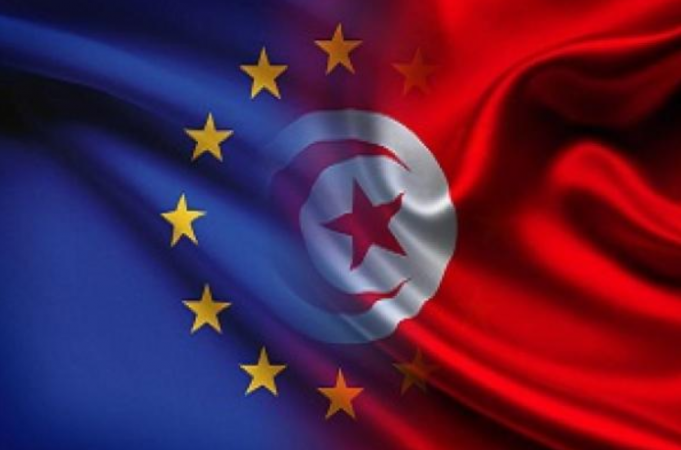
Brussels: As EU foreign ministers discussed how to react to growing instability in a nation that serves as a hub for African migration to Europe on Monday, Italy offered Tunisia the prospect of financial aid in exchange for economic and political reforms.
The conservative government of Italy has urged Brussels to take additional measures to reduce irregular arrivals because the number of people using smugglers' boats to cross the Mediterranean is increasing.
When he arrived in Luxembourg for EU talks, Italian Foreign Minister Antonio Tajani said, "Tunisia is a key country for stability in the Mediterranean Sea and in North Africa."
Also Read: Despite Daesh's defeat, the world remains at risk from its ideology
He expressed his hope for an agreement between Tunis and the IMF as well as increased EU investment. However, EU nations are hesitant to back President Kais Saied, who has dissolved Tunisia's parliament, rammed through a new constitution giving him broad executive authority, and cracked down on African migrants in addition to political opponents.
This month, Saied rejected the conditions of an IMF bailout worth $1.9 billion, without which Tunisia risked defaulting on its foreign debt.
The conditions include a decrease in the cost of public wages as well as cuts to food and energy subsidies.
Of course Tunisia needs reforms, Tajani said. "We need to start with financing, then wait for reforms, and then move forward with (more) financing," the expert advised.
The EU border agency Frontex identified political unrest in Tunisia as one of the causes for the first quarter's tripling from a year earlier of arrivals by sea from Tunisia and Libya to over 27,500.
Also Read: The "way forward" that Guterres suggests for the Ukraine grain initiative
Following Saied's crackdown on migrants from further south, a dangerous rush to board smugglers' boats has occurred. More Tunisians are now attempting to emigrate as a result of their economic woes.
Rached Ghannouchi, the head of the opposition, was detained last week and accused of attempting to compromise state security.
The ministers were not supposed to make any decisions on Monday.
During the planning of the meeting, a senior diplomat noted that Tunisia presented a dilemma: "You don't want this country to collapse—that would have many negative effects, including on migration. We must come up with a strategy to assist them.
Also Read: Indonesians rush to the mountains after the M-7.1 earthquake damages a hospital
"At the same time, democracy, human rights, and the rule of law cannot be disregarded. Because that would ultimately destabilise the nation, giving you the outcome you are attempting to avoid.
Along with French, Italian, and the EU's top migration official, ministers from Belgium and Portugal will visit Tunisia later this week (May 9–11).